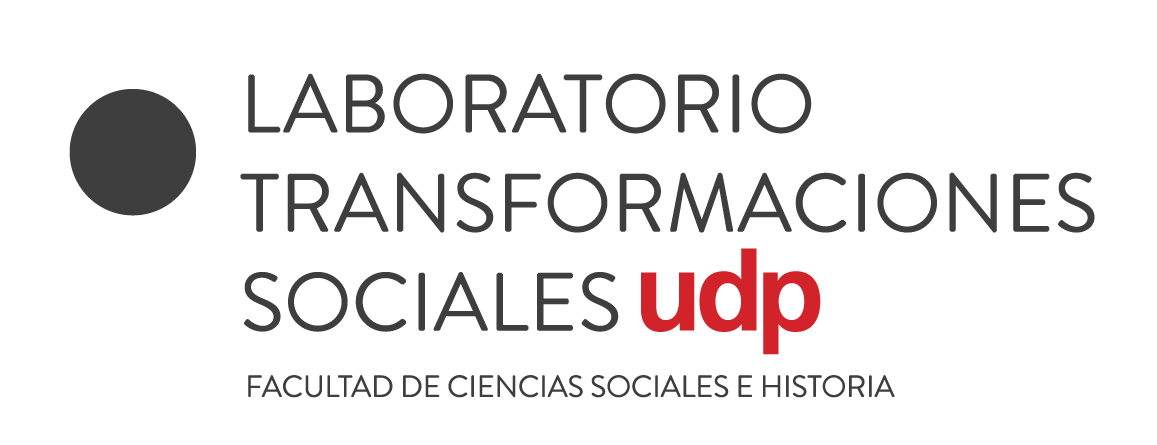Epistemological transformations in Chilean sociology between 1965 and 1990: From the pre-coup Latin American sociology, the persecution of ideas and dissidents during the dictatorship to the emergence of a technocratic sociology
DOI:
https://doi.org/10.32995/0719-64232023v9n18-153Keywords:
Epistemological transformation, Sociology, Civic-Military dictatorship, ChileAbstract
At the beginning of the 70s, Chile was a recognized center of development of the social sciences and humanities in Latin America that was attractive due to the so-called “Chilean path” to socialism led by Allende and the Unidad Popular. The golden age years of Chilean sociology came to a sudden halt with Augusto Pinochet’s coup d’état on September 11, 1973. During the dictatorship, sociologists were not only deprived of the oppor- tunity to find work; sociology was stigmatized as “terrorist” and went from being a highly respected discipline involved in the development of public policy and the conceptualization of social progress since the 1960s to becoming a despised discipline whose work and members were persecuted. Based on the qualitative analysis of 18 interviews with sociologists who experienced the dictatorship as academics or students, three key periods are identified in the epistemological development of Chilean sociology: 1. the years before the coup, 2. the period of epistemological erasure in the first years of the dictatorship, and 3. the installation of technocratic sociology in the eighties. The paper closes with a discussion about the possible readings that can be made of these epistemological turns.
Downloads
Published
How to Cite
Issue
Section
License
Copyright (c) 2024 Elisabeth Simbürger

This work is licensed under a Creative Commons Attribution-NoDerivatives 4.0 International License.

Este obra está bajo una licencia de Creative Commons Reconocimiento-NoComercial-CompartirIgual 4.0 Internacional.



